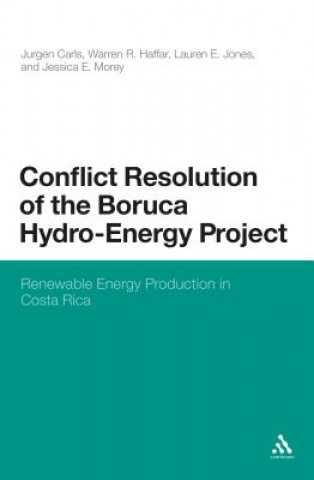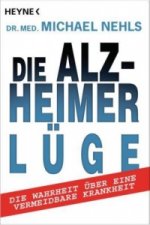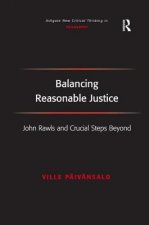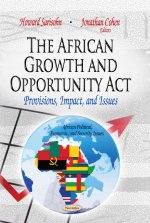
Kézbesítés
Vásárlási tanácsadó





Nem vált be? Semmi gond! Nálunk 30 napon belül visszaküldheti
 Ajándékutalvány
bármilyen értékben
Ajándékutalvány
bármilyen értékben
Ajándékutalvánnyal nem nyúlhat mellé. A megajándékozott az ajándékutalványért bármit választhat kínálatunkból.
Conflict Resolution of the Boruca Hydro-Energy Project
 Angol
Angol
 608 b
608 b
30 nap a termék visszaküldésére
Ezt is ajánljuk


Conflict Resolution of the Boruca Hydro-Energy Project is a case study that aims to profile best practices for sustainable development, indigenous human rights, and conflict resolution. In 2003, a joint project was developed between the United Nations University of Peace and the International Peace and Conflict Resolution program at Arcadia University to study the Boruca hydroelectrical conflict in Costa Rica. The aim was to bring together theory and practice and to reveal the link between peace and conflict resolution and sustainable development. Through partnerships with the Kan Tan Ecological Project and the indigenous communities in the region, and field studies to the Inter-American Court of Human Rights and local Civil Society Organizations, faculty and students utilized the mediation framework to identify the needs and interests of the primary conflict stakeholders. Conflict Resolution of the Boruca Hydro-Energy Project represents the culmination of this fieldwork and tests the mediation framework as suitable model for the resolution of environmental conflicts in Latin America. The Boruca project, proposed in the 1970s by the state-run corporation Instituto Costarricense De Electridad (ICE), will build a dam in the Boruca Canyon, changing the flow of the Terraba River and creating an artificial lake of 25.000 hectares. The largest of its kind in Central America, this project will generate approximately 1,500 megawatts and increase Costa Rica's energy production capability by as much as 50%. For ICE, not only will the project satisfy national electrical demand, it will also stimulate economic growth, assist in the development of new technological corridors and new tourism projects, increase employment opportunities, and improve the quality of life for indigenous peoples living in Boruca area. For the indigenous population, however, the project represents a violation of their fundamental human rights since it will force the relocation of 2,000 to 3,000 indigenous peoples, flood areas of archeological and cultural significance to them, and affect their livelihood due to the resulting changes in the biodiversity. They also fear the social and environmental impacts of more tourism in the area. The increasingly dysfunctional communication between the Boruca people and ICE over the past 30 years has led to a breakdown of trust and a stalling of the project's development. Conflict Resolution of the Boruca Hydro-Energy Project follows these conflicts and the process by which the government-owned utility tried to find common ground between all stakeholders. Ultimately, it tests the mediation framework as an appropriate approach to the resolution of development conflicts, exploring the transferability of this approach to other countries in Latin America. This case study provides unique insights into Latin American environmental and development politics and will be of interest to any student, faculty, or policymaker looking to assess the mediation framework.
Információ a könyvről
 Angol
Angol
Kategória




 Hogyan vásároljunk
Hogyan vásároljunk
































